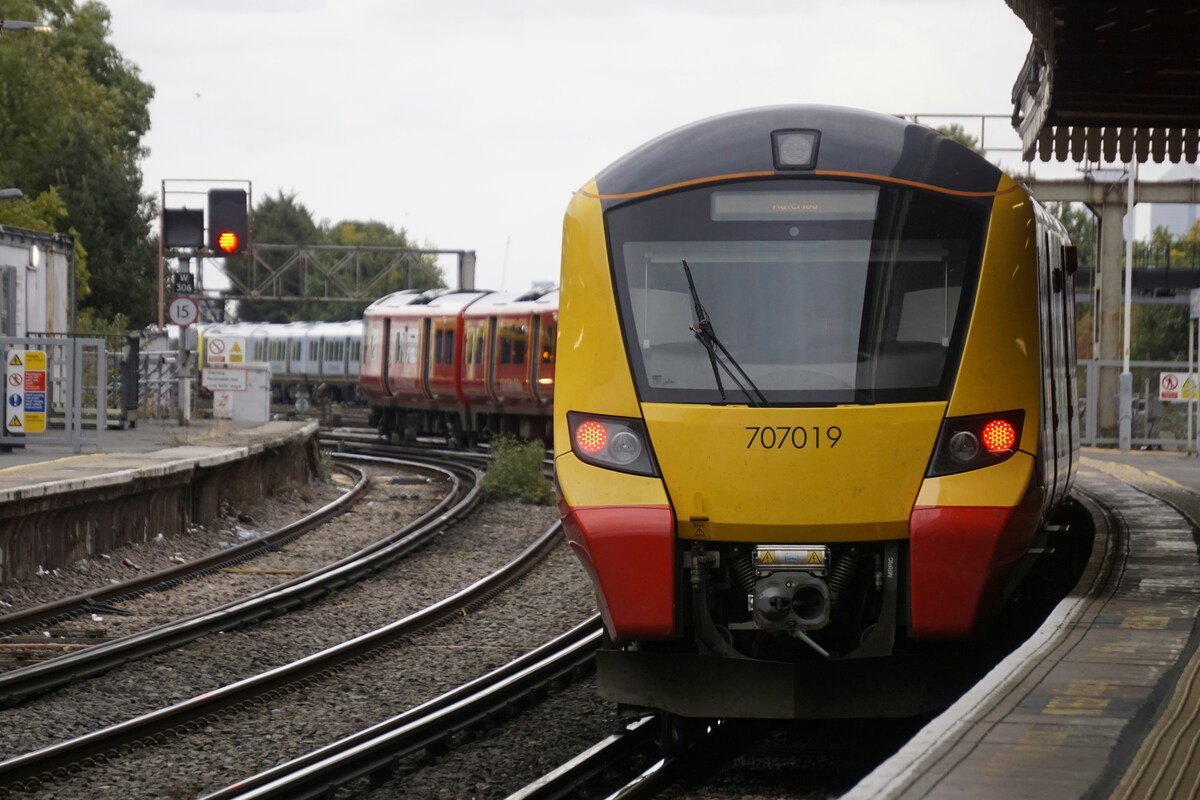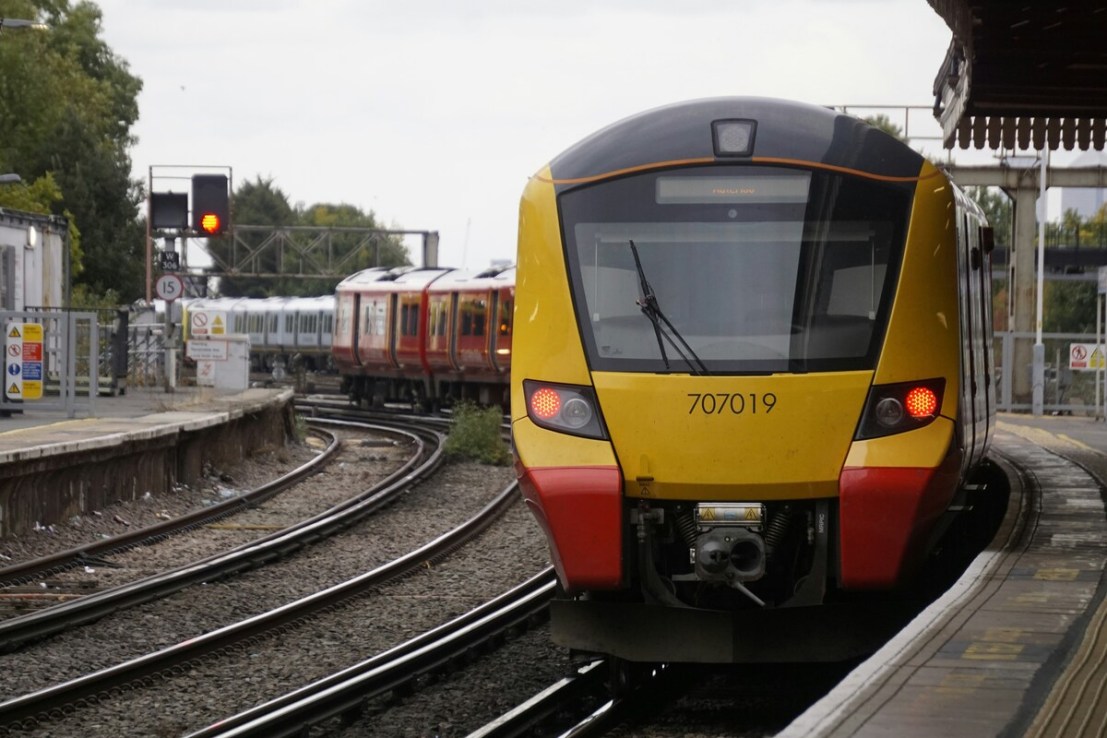Siemens’ Yorkshire-made battery trains will save ageing British railways £3.5bn
Battery trains being built at Siemens' new facility in Goole, Yorkshire, will save Britain's railways £3.5bn.


New battery trains which could replace ageing diesel fleets at a slew of rail companies will save Britain’s struggling railways £3.5bn, new research shows.
Siemens Mobility, which is assembling the trains at its new facility in Goole, Yorkshire, says the battery bi-mode trains will also knock off 12m tonnes in CO2 emissions over the next 35 years. That’s equivalent to removing around 80,000 cars or planting a forest across an areas the size of the Isle of Man.
The trains are powered by overhead wires on already electrified routes and can switch to pure battery power on sections with no wires.
It means only small sections of the routes and particular stations have to be electrified, making it easier and less expensive to replace diesel trains when compared with full electrification.
Siemens estimates the battery trains would only require around 20 to 30 per cent of a line to be electrified. Using Lithium Titanate Oxide battery chemistry, full charge can be reached in 20 minutes, either while moving along electrified sections or stopping at stations.
Sambit Banerjee, Joint CEO of Siemens, said: “Britain should never have to buy a diesel passenger train again. Our battery trains, which we’d assemble in our new Goole factory in Yorkshire, can replace Britain’s ageing diesel trains without us having to electrify hundreds of miles more track in the next few years.
“So, on routes from Perth to Penzance, passengers could be travelling on clean, green battery-electric trains by the early 2030s. And the best thing is that this would save the country £3.5bn over 35 years.”
The announcement comes after the government pledged in 2018 to remove diesel-only trains from Britain’s railways by 2040.
Around 29 per cent of Britain’s current train fleet is run solely on diesel fuel, while the railway sector’s carbon footprint has risen by one-third since 1999.
A number of train operators are looking to replace their diesel fleets, including Chiltern, Great Western Railway (GWR), Northern and Transpennine Express.
But the transition to greener fleets has been hampered by ongoing financial issues affecting the sector since Covid-19 wiped out passenger demand.


